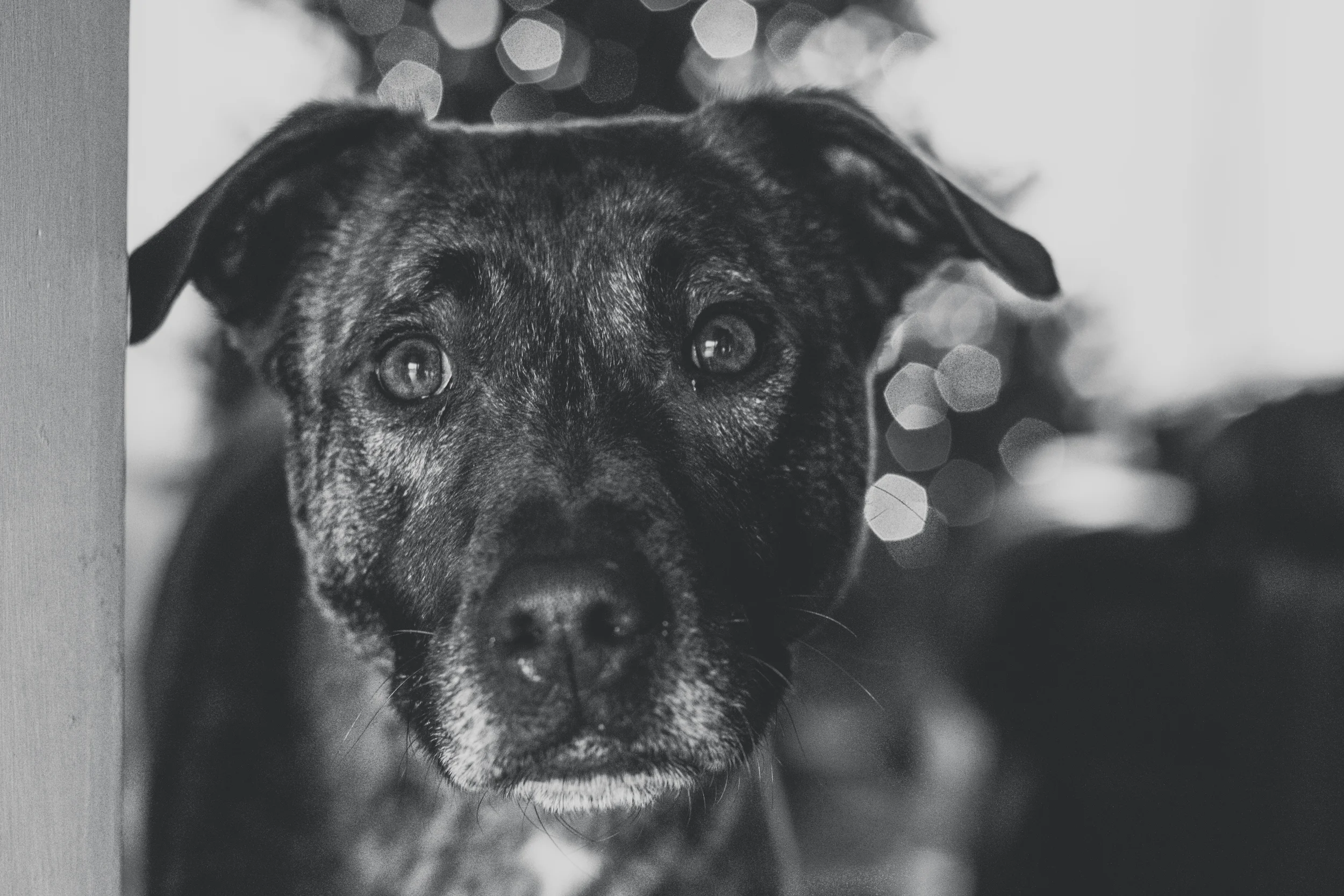A mentally exercised dog is a happy dog.
We all have an idea of the needs of physical exercise for the dog we’ve brought into our home. What we may not have put much consideration into, is mental exercise, or even physical exercise during the winter months!
As we know, some breeds don’t mind playing in the snow for extended periods, but many breeds get cold easily and lose interest in the outdoors on a cold winter day. Some dog owners are also not aware of mental exercise needs of their dog. Think about it like this: if all we did as humans was acted all day, without thinking, how far with that get us? We would get bored, and possibly get ourselves into trouble! Sound like a familiar situation at home?
What does mental exercise mean?
To start, let’s talk about mental exercise, what is that anyway? Mental exercise is making your dog think. In their natural habitat, a dog would have to constantly be thinking and problem solving for survival. Many of our dog’s natural instincts include what we consider to be nuisance behaviors such as digging, pacing, barking, chasing, biting, and being destructive. Being able to filter these instincts into energy level appropriate games will keep your dog physically and mentally healthy.
My dog gets plenty of exercise, he runs around the yard all day.
Would running laps around your house be adequate physical exercise for you? Dogs need to get out and explore to get the proper stimulation they need. Taking walks in public places, going to the park, and taking car rides are all ways your dog can get some of the stimulation he needs. However, that’s still not typically enough for most dogs. Especially in the cold weather months, its not always easy to take your dog out if it’s too cold for you both!
My dog sits before he eats, is that adequate mental exercise?
That’s a great start! Asking your dog to perform tasks for reward in your day to day life is a great way to make your dog think. We call it “train as you live”. Rather than allowing your dog to act impulsively on everything he does, make him think before he acts. This is not an easy task for most pet owners, especially dogs that are high energy or have a habit of doing things their way. Asking your dog to do simple things such as sit before he gets what he wants will help your dog’s mental health longterm. Ask him to sit before he gets anything he wants, such as going through doorways, going in and out of his kennel, getting a pet, getting on the furniture, getting in the car, etc. This will teach him to look to you for permission, rather than acting impulsively on what he wants to do. Reward does not always mean treat, either. Reward is giving the dog something they value. In this circumstance, the reward would be getting the pet, going through the door, or hopping on the couch.
Other types of mental exercise would be stationary games for dogs to play. There are hundreds of YouTube videos that show you different games you can make at home to occupy your dog mentally when you’re busy or away. For example, putting a muffin tray in a box, putting kibble in the pan, then putting tennis balls over the holes. This makes the dog figure out how to move the tennis balls to get the food underneath. That’s a beginner game to play, and once your dog figures that game out, there are tons of other games you can create for your dog while you’re away!
I don’t have a lot of extra time to exercise him in the winter, what are some ways I can do physical and mental exercise together?
Some of the most effective methods of properly stimulating your dog would be activities that combined physical and mental exercise. Anything that will make them think and physically move at the same time. A great toy you can make at home is called a flirt pole. With a narrow PVC pipe, a piece of rope through it, and a toy tied to the end, this “giant cat toy” for dogs is a great way to eliminate some of those natural instincts, while exhausting them physically and mentally. Another great exercise is teaching your dog how to walk on the treadmill. It takes a lot of thinking to keep themselves on the moving belt, and is a great way for them to walk or run for miles without ever leaving your livingroom!
A physically and mentally healthy dog is a happy dog. Keep up the good work with your dog year round, and let us know if you need more ideas for physical and mental exercise! We offer training for all ages, breeds, and behaviors. Servicing Oakland County, Livingston County, and Genesee County, MI.













